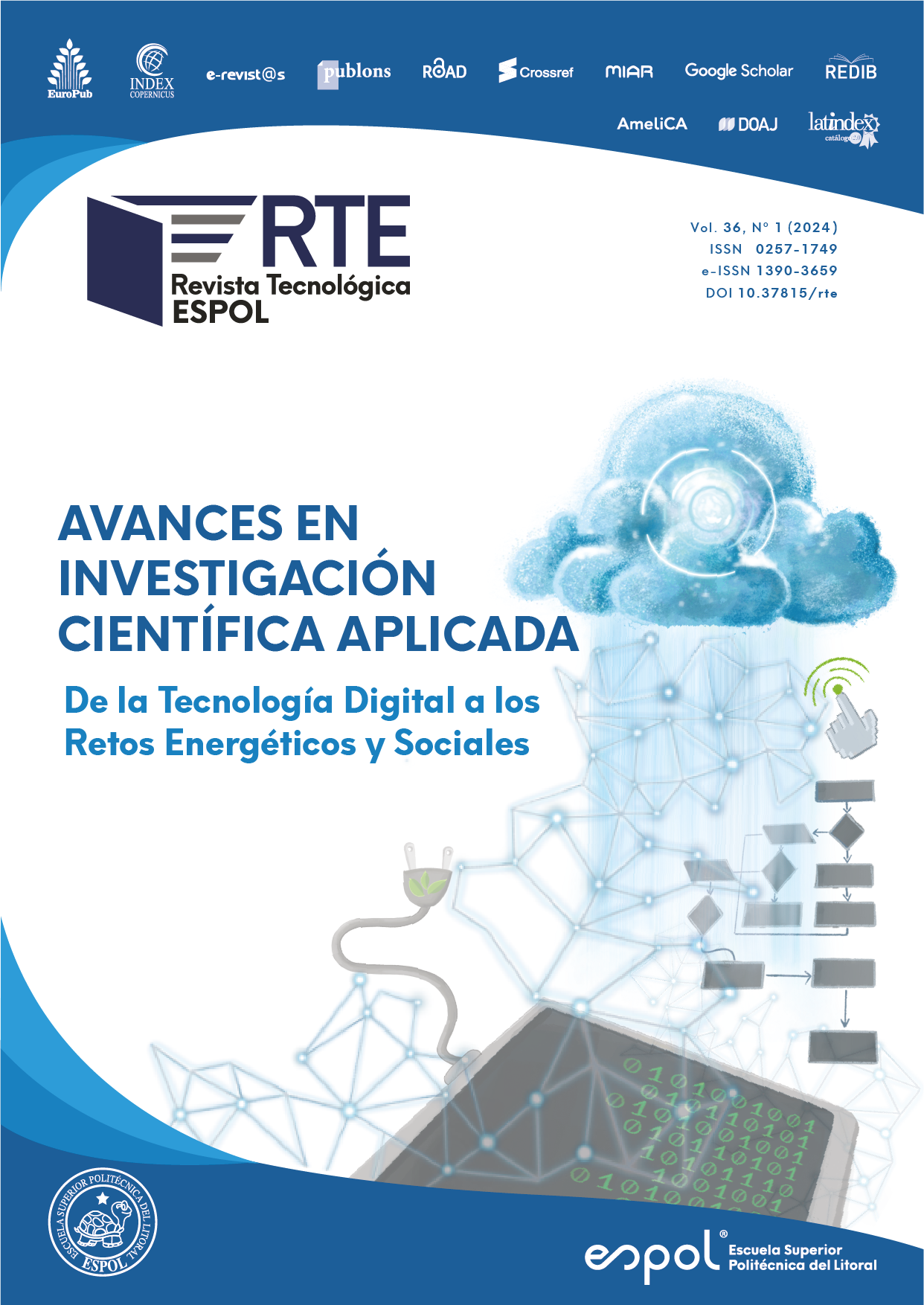Among the consequences of climate change are increased temperatures and changes in rainfall patterns that bring longer periods of drought. This creates limitations in the administration of hydroelectric plant reservoirs, restricting, in some cases, the amount of electrical energy generated. The objective of this research is to solve the multi-objective optimization problem that seeks to minimize the production of electrical energy from hydroelectric plants with low inflow and, at the same time, minimize electrical rationing due to this low production. As these objectives conflict with each other, it is necessary to apply multi-objective optimization problem-solving methodologies, among which are genetic algorithms. The mathematical model is built considering the operating conditions of the reservoirs of the hydroelectric plants under study, including their minimum operating levels, which are included in the model restrictions. The non-dominated genetic classification algorithm II is used to obtain the Pareto front, which is composed of a total of 78 non-dominated solutions that are useful to manage the considered reservoirs at the time of maximum demand. It is recommended to use other multi-objective optimization algorithms for comparison purposes, selecting the ideal indicators to evaluate the performance of each algorithm used, in addition to incorporating monetary and environmental cost restrictions into the model

This work is licensed under a Creative Commons Attribution-NonCommercial 4.0 International License.
References
Agencia Internacional de Energía. (2021). Climate Impacts on Latin American Hydropower. France: IEA.
Ahmad, M., Beddu, S., Itam, Z., & Ismail Alanimi, F. (2019). State of the Art Compendium of Macro and Micro Energies. Advances in Science and Technology Research Journal, 88-109. https://doi.org/10.12913/22998624/103425.
Al Shidhani, T., Ioannou, A., & Falcone, G. (2020). Multi-Objective Optimisation for Power System Planning Integrating Sustainability Indicators. MDPI Energies, doi:10.3390/en13092199.
Coello Coello, C., Lamont, G., & Van Veldhuizen, D. (2007). Evolutionary Algorithms for Solving Multi-Objective Problems. New York, USA: Springer.
Emmerich, M., & Deutz, A. (2018). A tutorial on multiobjective optimization: fundamentals and evolutionary methods. Natural Computing, 585-609. https://doi.org/10.1007/s11047-018-9685-y.
Gujarati, D., & Porter, D. (2010). Econometría. México, D. F.: McGraw-Hill/Interamericana Editores, S.A. DE C.V.
Hojjati, A., Monadi, M., Faridhosseini, A., & Mohammadi, M. (2018). Application and comparison of NSGA-II and MOPSO in multi-objective optimization of water resources systems. Journal of Hydrology and Hydromechanics, 323-329. DOI: 10.2478/johh-2018-0006.
Huang, G., Tan, M., Meng, Z., Yan, J., Chen, J., & Qu, Q. (2023). Hydropower Scheduling with Power Load Prediction: Optimizing Energy Efficiency and Navigation Performance. Research Square, DOI: https://doi.org/10.21203/rs.3.rs-2959078/v1.
Hussain, A., & Kim, H.-M. (2021). Evaluation of Multi-Objective Optimization Techniques for Resilience Enhancement of Electric Vehicles. MDPI Electronics, https://doi.org/10.3390/electronics10233030.
Jena, C., Guerrero, J., Abusorrah, A., & Al-Turk, Y. (2022). Multi-Objective Generation Scheduling of Hydro-Thermal System Incorporating Energy Storage With Demand Side Management Considering Renewable Energy Uncertainties. IEEE Access, 52343-52357. Digital Object Identifier 10.1109/ACCESS.2022.3172500.
Karami, F., & Dariane, A. (2022). A review and evaluation of multi and many-objective optimization: Methods and algorithms. Global Journey of Ecology, 104-119. DOI: https://dx.doi.org/10.17352/gje.000070.
Li, F.-F., & Qiu, J. (2015). Multi-Objective Reservoir Optimization Balancing Energy Generation and Firm Power. Energies, 6963-6976. doi:10.3390/en8076962.
López, M. (11 de Febrero de 2024). ¿Qué pasa con los fenómenos de El Niño y La Niña y cómo esto afecta a Venezuela? Efecto Cocuyo, págs. Recuperado de: https://efectococuyo.com/cambio-climatico/que-pasa-con-los-fenomenos-de-el-nino-y-la-nina-venezuela/.
Marcelino, C., Leite, G., Delgado, C., de Oliveira, L., Wanner, E., Jiménez-Fernández, S., & Salcedo-Sanz, S. (2021). An efficient multi-objective evolutionary approach for solving the operation of multi-reservoir system scheduling in hydro-power plants. Expert Systems With Applications, https://doi.org/10.1016/j.eswa.2021.115638.
National Oceanic and Atmospheric Administration. (8 de Febrero de 2024). EL NIÑO/SOUTHERN OSCILLATION (ENSO) DIAGNOSTIC DISCUSSION. Climate Prediction Center, pág. Recuperado de: https://www.cpc.ncep.noaa.gov/products/analysis_monitoring/enso_advisory/ensodisc.shtml.
Okoye, G., Kassem, Y., & Gökçekuş, H. (2023). Assessing the impacts of climate change on hydropower generation and the power sector in Nigeria. China Petroleum Processing and Petrochemical Technology, 1-15.
REN21. (2023). Global Status Report - Renewables 2023. París: REN21 Secretariat.
Sun, X., Luo, J., & Xie, J. (2018). Multi-Objective Optimization for Reservoir Operation Considering Water Diversion and Power Generation Objectives. MDPI Water, doi:10.3390/w10111540.
Wei, N., Yang, F., Lu, K., Xi, J., & Zhang, S. (2022). A Method of Multi-Objective Optimization and Multi-Attribute Decision-Making for Huangjinxia Reservoir. MDPI Applied Sciences, https://doi.org/10.3390/app12136300.
Yeung, D., & Zhang, Y. (2023). Bi-Objective Optimization: A Pareto Method with Analytical Solutions. Applied Mathematics, 57-81. https://doi.org/10.4236/am.2023.141004.
Zhou, E., Liu, X., Meng, Z., Yu, S., Mei, J., & Qu, Q. (2023). Optimizing Hydropower Station Scheduling: A Multi-Objective Real-Time Approach. Scientific Reports, DOI: https://doi.org/10.21203/rs.3.rs-3009681/v1.
Zitzler, E., Laumanns, M., & Bleuler, S. (2004). A Tutorial on Evolutionary Multiobjective Optimization. En X. Gandibleux , M. Sevaux, K. Sörensen, & V. T’kindt, Metaheuristics for Multiobjective Optimisation (págs. 3-37). Berlin: Springer. https://doi.org/10.1007/978-3-642-17144-4_1.







